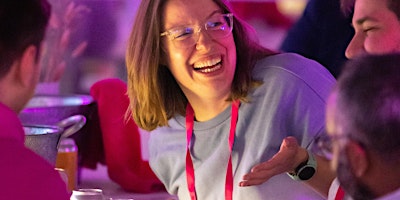You must login before you can post a comment.
- 🍻
Clopath Inaugural Lecture: Learning and memory in the brain
Science & Technology
A drinks reception will follow the lecture at 18:30 in rooms SAF 121 & 122, First Floor, Sir Alexander Fleming building.
Abstract:
Gaining a better understanding of the brain is an urgent challenge in our society, due to an aging population, which has led to a higher incidence of neurological diseases, such as Alzheimer's and Parkinson's disease. Neuroscience can be studied under different angles, either experimentally, by measuring different aspects of the brain, or theoretically, by constructing models that mimic the brain.
These two approaches can work hand-in-hand, where experimental findings influence theoretical models, models allow a broader and more concise understanding, predicting new phenomena, in-turn influencing new experiments. Our lab is on the modelling side, working in tight collaboration with experimental labs. We are especially interested in the field of learning and memory, which is thought to happen when connections between neurons change, a process called synaptic plasticity.
This research has two main types of applications: medical applications leading to translational research and engineering applications helping for example to design machines that approach human-like learning capabilities.
Biography:
Claudia Clopath's portraitProfessor Claudia Clopath is based in the Bioengineering Department at Imperial College London. She is heading the Computational Neuroscience Laboratory.
Her research interests are in the field of neuroscience, especially insofar as it addresses the questions of learning and memory. She uses mathematical and computational tools to model synaptic plasticity, and to study its functional implications in artificial neural networks.
Prof. Clopath holds an MSc in Physics from the EPFL and did her PhD in Computer Science under Wulfram Gerstner. Before joining Imperial College, she did postdoctoral fellowships in neuroscience with Nicolas Brunel at Paris Descartes and in the Center for Theoretical Neuroscience at Columbia University. She published highly cited articles in top journals such as Science and Nature, has given dozens of invited talks and keynotes around the world, and received various prizes such as the Google Faculty Award in 2015.










